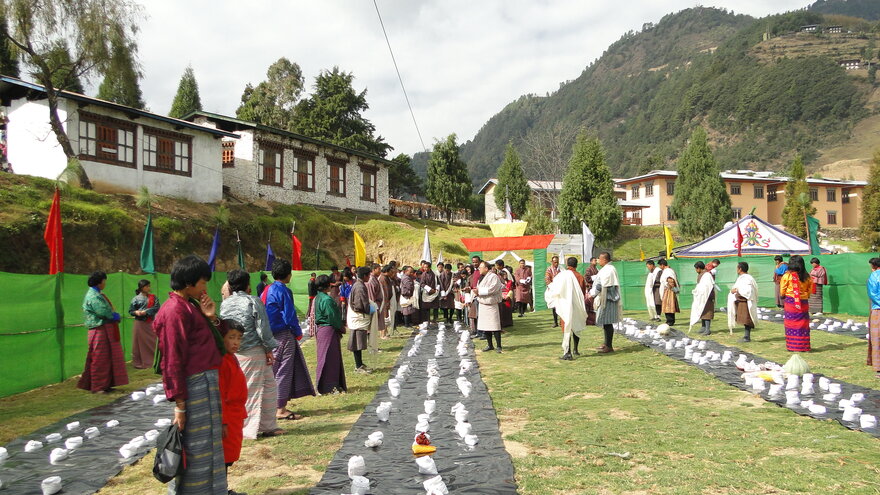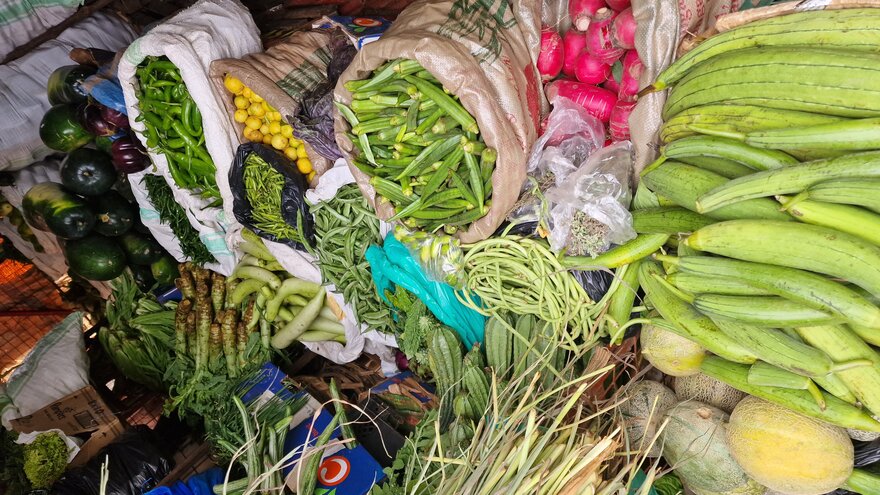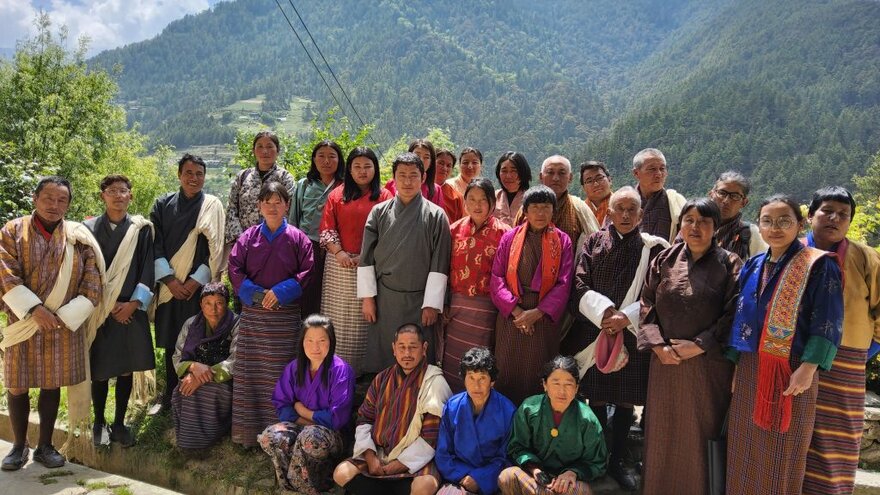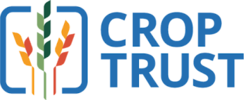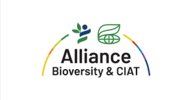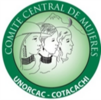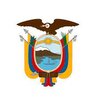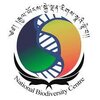Background
NMBU's Seed System Lab is a research partner to the Global Crop Diversity Trust (Crop Trust) for the implementation of the project, Biodiversity for Opportunities, Livelihoods, and Development (BOLD). BOLD is a ten-year project funded by the government of Norway, aimed at strengthening food and nutrition security by supporting the conservation and use of crop diversity in genebanks.
The Genebanks and Seed Systems component, led by NMBU, aims to strengthen the linkages between national genebanks and other seed system actors. Historically, germplasm conserved by genebanks has primarily been used by breeders to develop new varieties. However, there is increasing evidence that other pathways can and are being used to deploy diversity to farmers. Seed systems are the institutional arrangements, roles, and activities of actors involved in crop diversity management, breeding and selection, seed production, and dissemination. In short, they are the systems that make seeds available to farmers. Understanding the functioning of seed systems – and genebank’s roles within these – is key to increasing farmers’ access to crop diversity.
Goal
The goal of Genebanks and Seed Systems project is to investigate both existing and potential pathways to link genebanks to seed systems used by farmers. For this purpose, NMBU, in collaboration with research partners, will conduct seed system research in four countries during the first phase (2022-2024) of the project. The models identified in the research phase will be tested in Phase 2 (2025-2027) and Phase 3 (2028-2030) of the BOLD project. This will be done through support for innovative pilot efforts to actively deploy crop diversity. Lessons learned from the project will be broadly disseminated regionally and internationally through scientific publications, learning events and other communications strategies
Research activities
Seed systems are composed of a constellation of different actors engaged in a range of activities from variety development and management, to seed production, storage, and dissemination. There are many actors involved in seed systems, including farmers, plant breeders, genebank managers, regulatory agencies, seed companies, community organizations, traders, and agrodealers among others. In theory, a well-functioning seed system will ensure seed security for all farmers, i.e., that “men and women within the household have sufficient access to adequate quantities of good quality seed and planting materials of preferred crop varieties at all times in both good and bad cropping seasons” (FAO, 2016). In reality, this is rarely the case and seed systems can be disrupted both by acute stresses such as conflicts and disasters, and chronic problems relating to social inequalities, inefficiencies or lack of coordination between actors, or inappropriate policies etc. Thus, it is important to recognize that seed systems – and by extension – farmers’ seed security, are influenced by the broader context in which they operate. In this regard, seed systems can be understood to be embedded within the broader food system, and their functioning influenced by a number of drivers (i.e., sociocultural, economic, political, institutional, biophysical, technological, infrastructure, etc.). From the perspective of food sovereignty, questions are also raised about who has political and economic control over seeds.
The research will assess the functioning of seed systems, as well as seed system actor’s views on seed system development and identify anchor points for strengthening farmers’ seed security. Comparison across regions and countries will shed light on the constraints and opportunities posed by different governance and food system contexts.
Research activities consist of the following three components.
- National seed system characterization: Seed systems at the national level will be characterized by mapping and assessing seed system actors’ roles/mandates, activities, and performances, as well as the institutional (formal and informal) and other factors influencing farmers’ access to seeds of a diversity of crop varieties. The overall aim is to identify strengths and weaknesses in the functioning of the seed system and analyse how these are influenced by governance, institutional, technical, and other factors. We will also aim to understand seed system actors’ views on seed system development and how these differ among actors.
- Local seed system characterization: Seed systems at the local level will be characterized by mapping the seed sources farmers use, identifying seed security challenges farmers face and exploring how these are affected by cultural, political, climate, market, or other factors. The local seed system characterization will serve to identify farmers’ preferences and needs and provide insights into how the seed system is functioning to meet these preferences and needs at the local level.
- Analysis of potential genebank-seed system linkages: Based on the above analyses, practical ways of linking genebanks with selected seed system actors will be identified during the research process. This will be further developed and validated with seed system actors in a roundtable workshop and used as a basis to design pilot projects.
Partners and researchers
Key partners
- Crop Trust
- Alliance of Bioversity and CIAT - Uganda
- Plant Genetic Resources Centre – Uganda
- National Plant Genetic Resources Centre – Tanzania
- Comité Central de Mujeres de la UNORCAC - Ecuador
- Instituto Nacional de Investigaciones Agropecuarias - Ecuador
- National Biodiversity Centre - Bhutan
Participants from NMBU
News and events
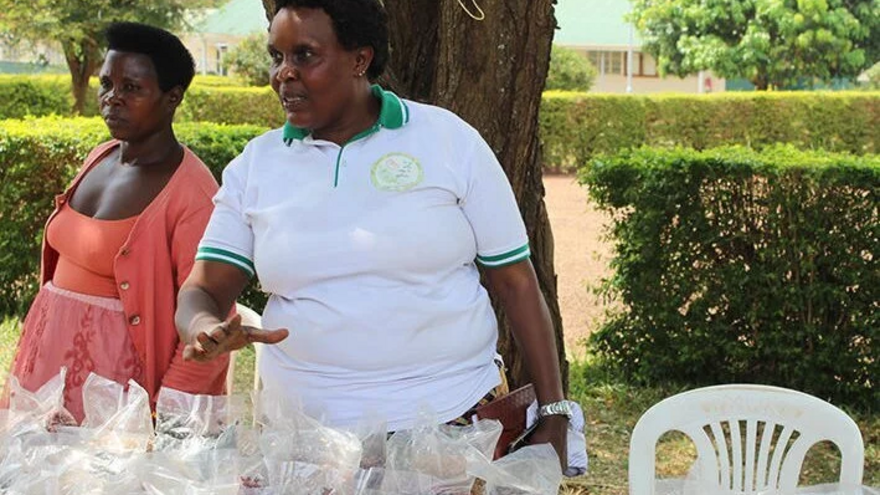
Connecting for better outcomes for farmers - Crop Trust
Read more on the crop trust website:
BOLD project
